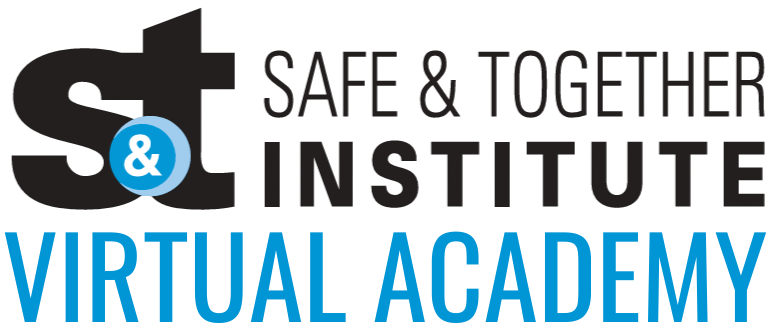E-Course
Partnering with Survivors
Partnering with adult survivors around the safety and well-being of their children is a central focus of domestic abuse–informed practice. Domestic violence survivors and professionals share common goals: for the abuse to stop and for the children to thrive.
By working with, not against the adult survivor, practitioners are more likely to be successful in their role related to child safety and well-being. The adult survivor is their natural ally.
In addition, when practitioners partner well with an adult survivor, the survivor is more apt to share information about the perpetrator's pattern, the impact of the perpetrator on child and family functioning, and the survivor's efforts around protection of the children. All three will improve assessment and lead to the development of more effective safety plans for the adult survivor and children.
In this course, we describe a step-by-step process for partnering with adult survivors when children are involved. This method is useful for a wide variety of professionals and can even inform the work of attorneys, evaluators, and others who are involved in assessments of families.
This program is approved by the National Association of Social Workers (Approval # 886624904-3756) for 3 continuing education contact hours.
By working with, not against the adult survivor, practitioners are more likely to be successful in their role related to child safety and well-being. The adult survivor is their natural ally.
In addition, when practitioners partner well with an adult survivor, the survivor is more apt to share information about the perpetrator's pattern, the impact of the perpetrator on child and family functioning, and the survivor's efforts around protection of the children. All three will improve assessment and lead to the development of more effective safety plans for the adult survivor and children.
In this course, we describe a step-by-step process for partnering with adult survivors when children are involved. This method is useful for a wide variety of professionals and can even inform the work of attorneys, evaluators, and others who are involved in assessments of families.
This program is approved by the National Association of Social Workers (Approval # 886624904-3756) for 3 continuing education contact hours.

